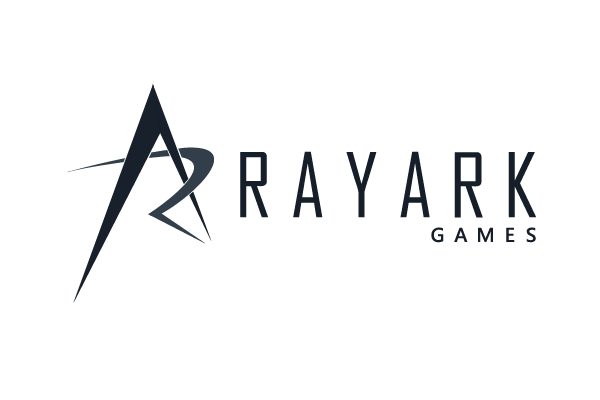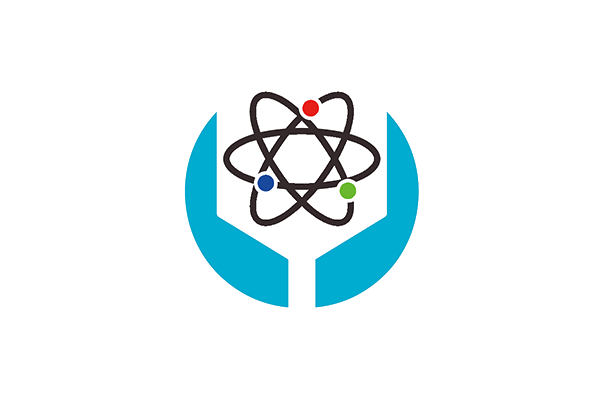【Session Theme: AGI】
Mental state is one important topic of artificial general intelligence (AGI). In this talk. we’ll investigate how to understand the mental states pf AI systems, have an introduction to reservoir computing, the appropriate computing model, and share some examples and open source projects.
By the concepts of artificial general intelligence (AGI), people want the machines to think like human, and that’s how mental states become a topic for the scientists. On the other hand, reservoir computing is a computing model that can be implemented by RNNs, spiking neural networks (SNNs) or even physical water reservoirs, have promising characteristics like high context sensitivity and high memory capacity, and is potentially the appropriate computing model for mental states or even AGI.
From Wittgenstein philosophy, mathematics, concepts, implemented examples and open source projects, we’ll have a gentle introduction to the following topics:
- What’s the relationship between mental states and AGI?
- What are we taking about when saying “mental states”?
- How to describe mental states mathematically?
- Where to find the concepts of mental states in AI and neural networks?
- How the mathematics of mental states inspire AI and neural networks?
- What’s reservoir computing?
- The advantages, limitations and current development of reservoir computing.
- Implement reservoir computing by PyTorch.
- Reservoir computing open source projects.
About Shih-Hao Hsu (Bali)
BSc of physics and MS of applied physics in National Taiwan University, former process integration engineer in TSMC, currently the tech lead of Libgirl, an AI team. He has “unique” AI expertise, including Wittgenstein philosophy, developmental psychology and reservoir computing, and is learning the skills as an AI and full-stack engineer.




























